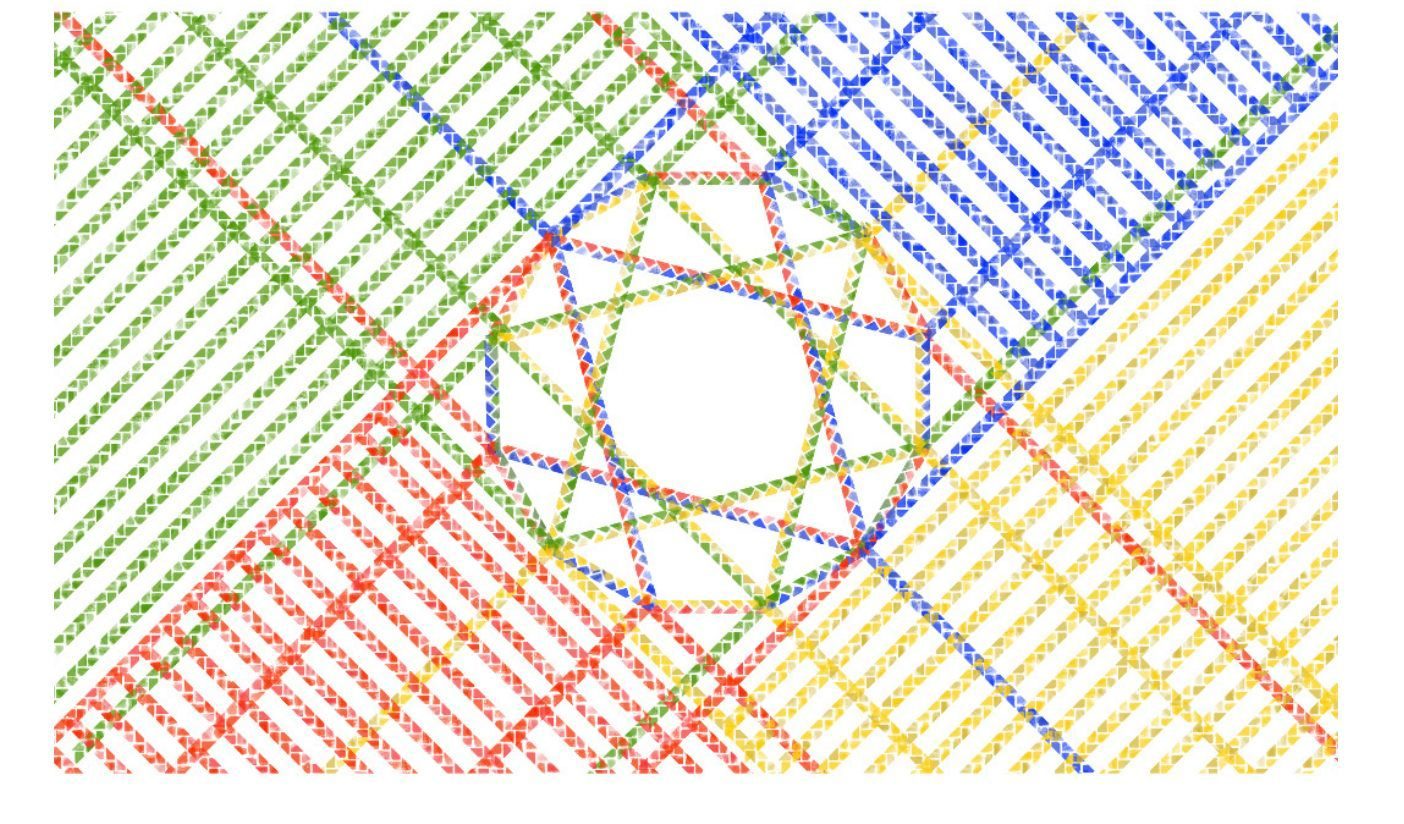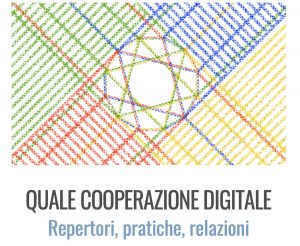indireinforma

The new issue of the scientific journal Educazione Aperta is available online. This is a Critical pedagogy journal (band A of sectors 11D1 and 11D2). The no.11/22 entitled “Quale cooperazione digitale? Repertori, pratiche, relazioni” (Which digital cooperation? Repertoires, practices, relationships” intends to accompany the reader to see forms of cultural elaboration and transmission which, as Roberto Maragliano says at the beginning, exceed the school’s scope but are already there, as they live independently of our recognition.
There are two contributions of the researchers who work with and for the small schools. The first contribution by Laura Parigi entitled “We do it this way. Collective writings at school during the Covid19 lockdown” presents the analysis of the documentation of the experiences made by over seventy teachers in Spaesi. An imaginative laboratory, which takes into consideration digital tools, the writing processes and the participation rules developed by the groups, in order to identify a repertoire of cooperative techniques for remote work. The expressive and textual forms practiced by the classes are analysed (narrative texts, folk tales, nursery rhymes, etc.), together with the languages and codes used for the realization of the texts, to understand which curricular and transversal learning processes are affected by the practice of collective writing in a digital environment. Finally, the analysis identifies some recurring themes in the texts developed by the classes.
The second contribution by Giuseppina Rita Jose Mangione, Michelle Pieri and Massimo Faggioli, entitled “Fare scuola a classi aperte in rete. Sperimentazione di didattica condivisa in piccole scuole isolate e con pluriclassi” (Teaching in online open classes. Experimentation of shared teaching in small isolated and multi-class schools), presents the experimentation of the Classes on the Net model in Abruzzo which involved 12 small schools through a design-based research analysis method. The work presents the experience of training and intervention conducted in collaboration with IUL Telematic University and with the research group of the École Éloignée en Réseau of Québec and allows us to understand the impact that the model has had in the experimental classes, in terms of collaboration, interdisciplinarity and reorganization of working times and spaces between delocalized classes which were at the same time part of a community.
We thank Irene Culcasi, Vincenzo Schirripa and Antonio Vigilante who welcomed the INDIRE contributions in this interesting issue.


